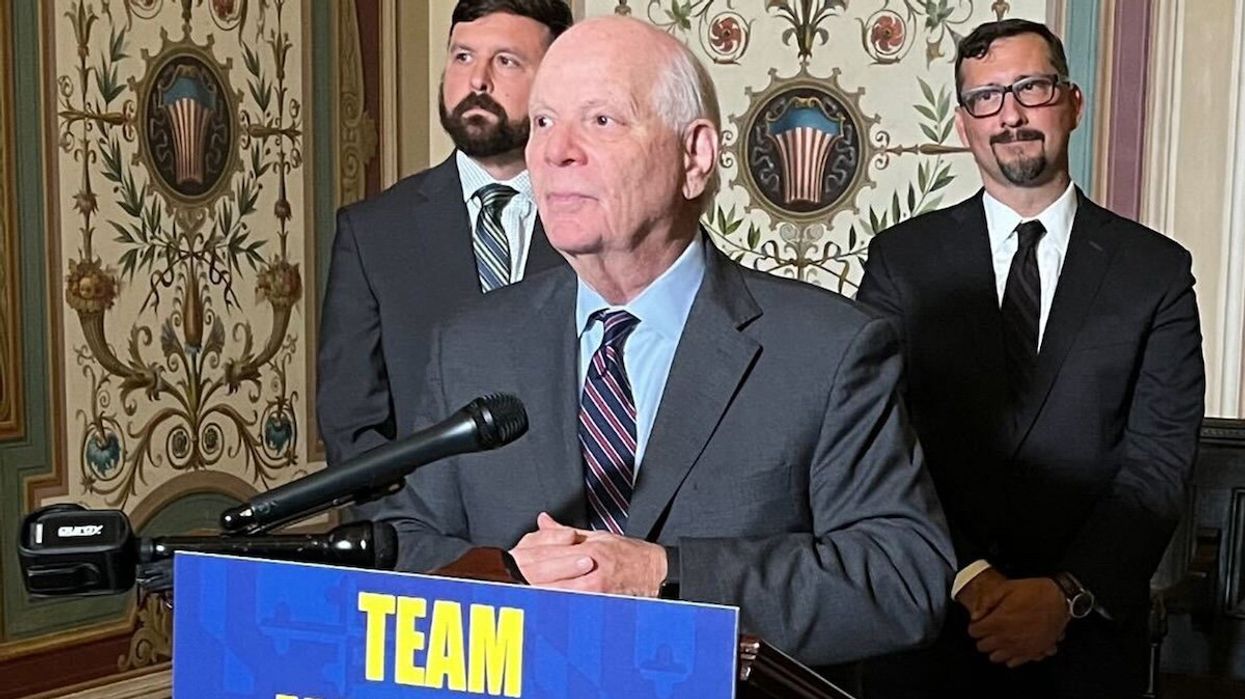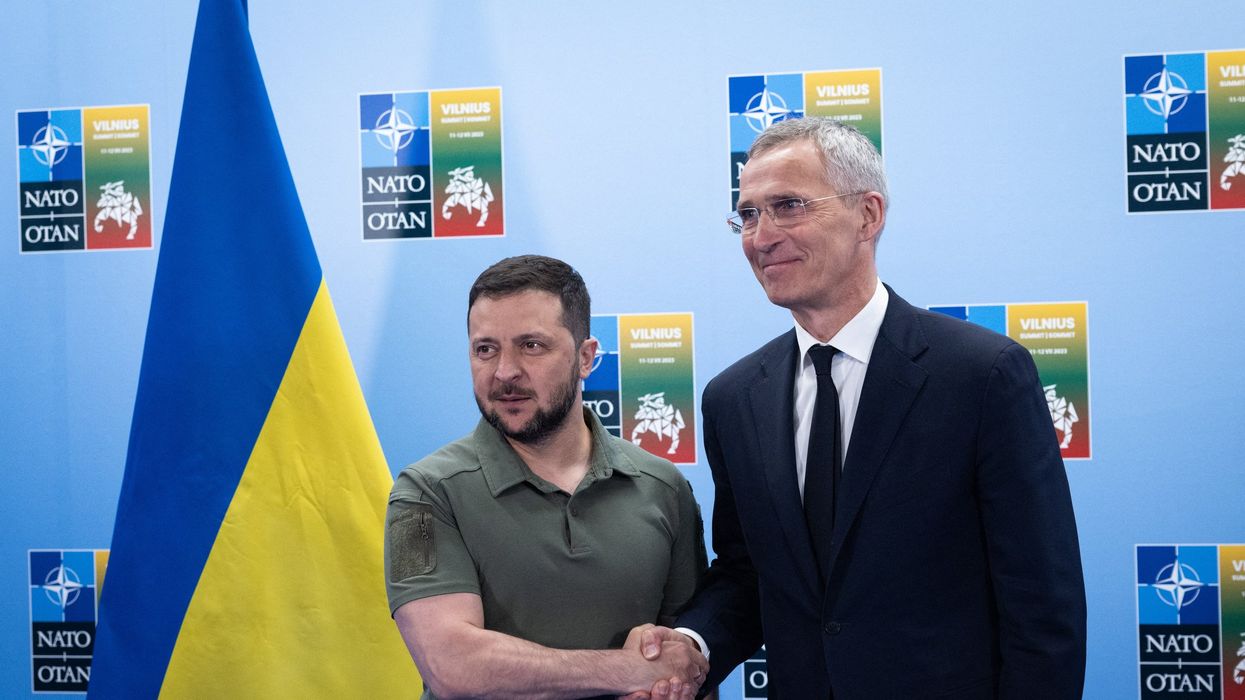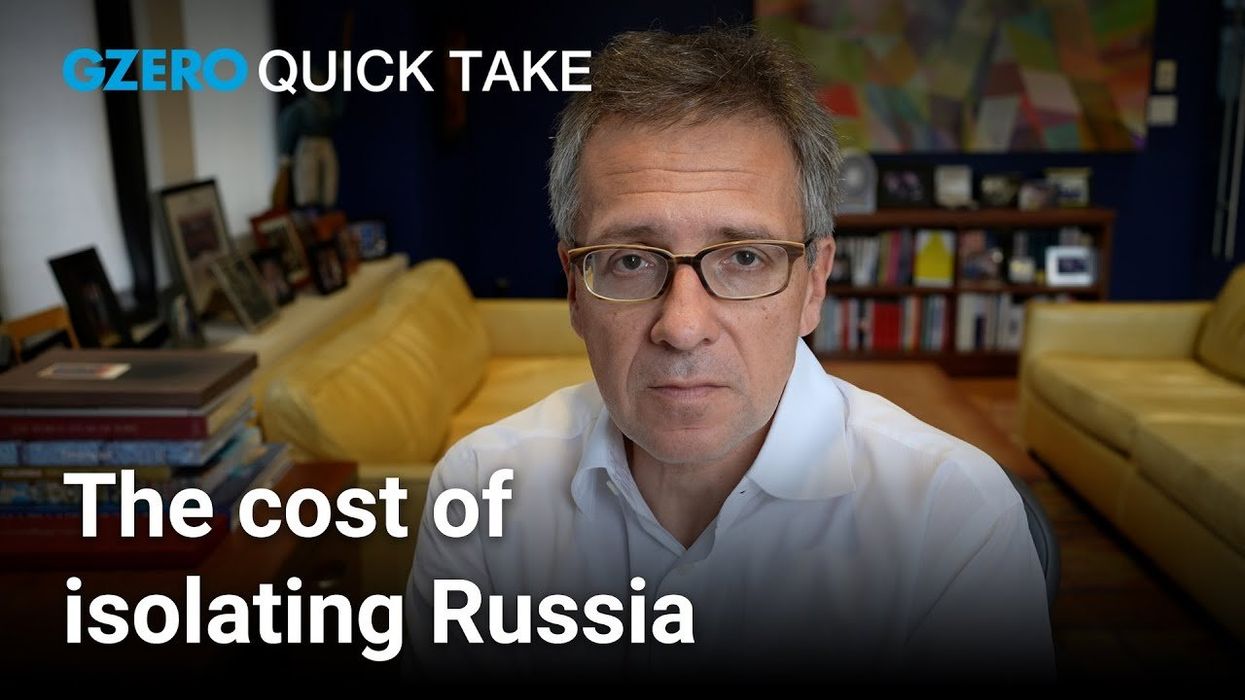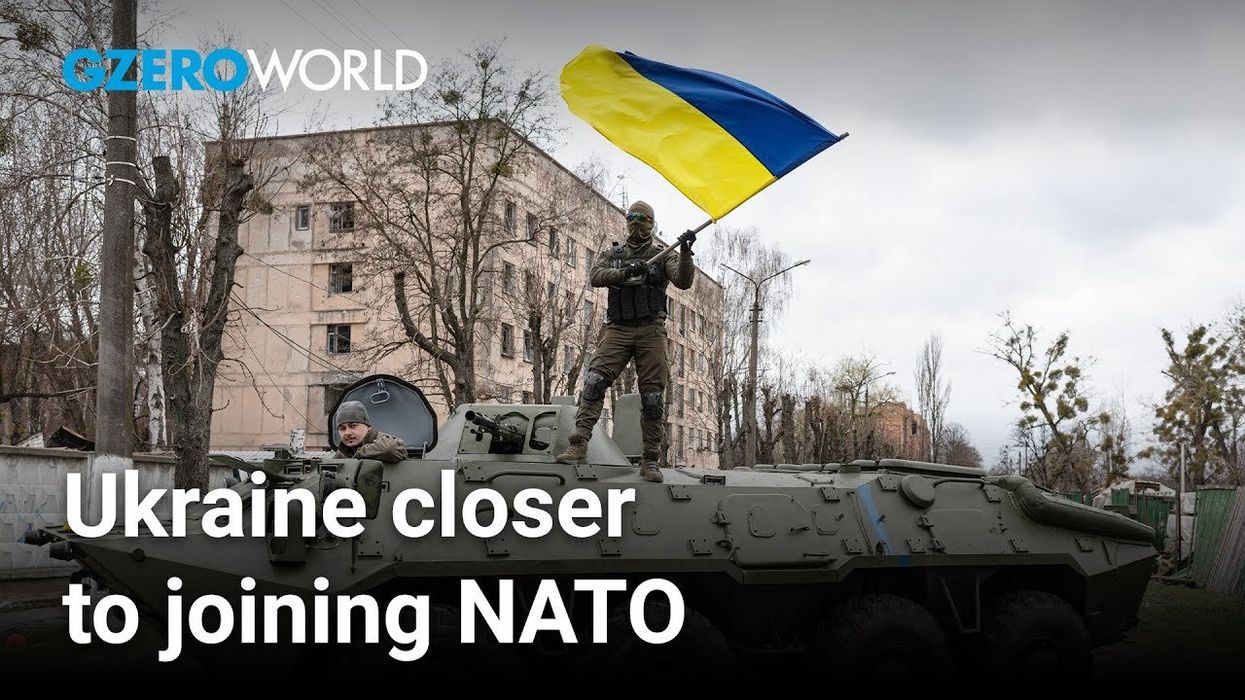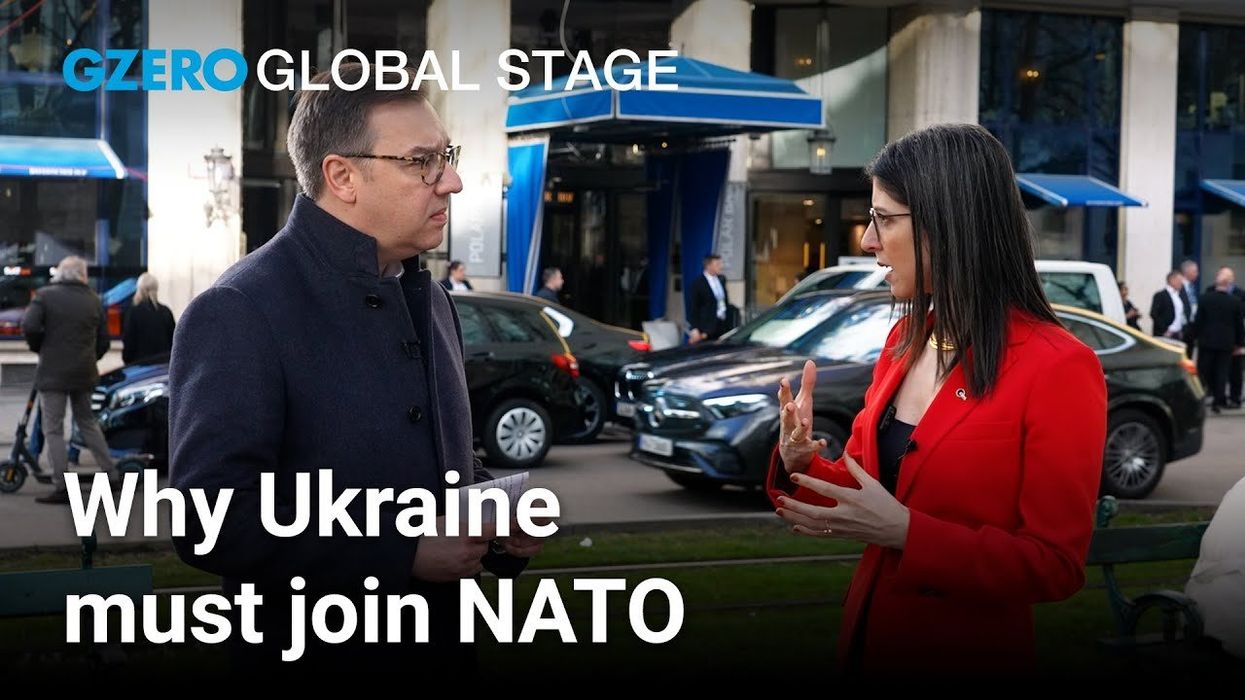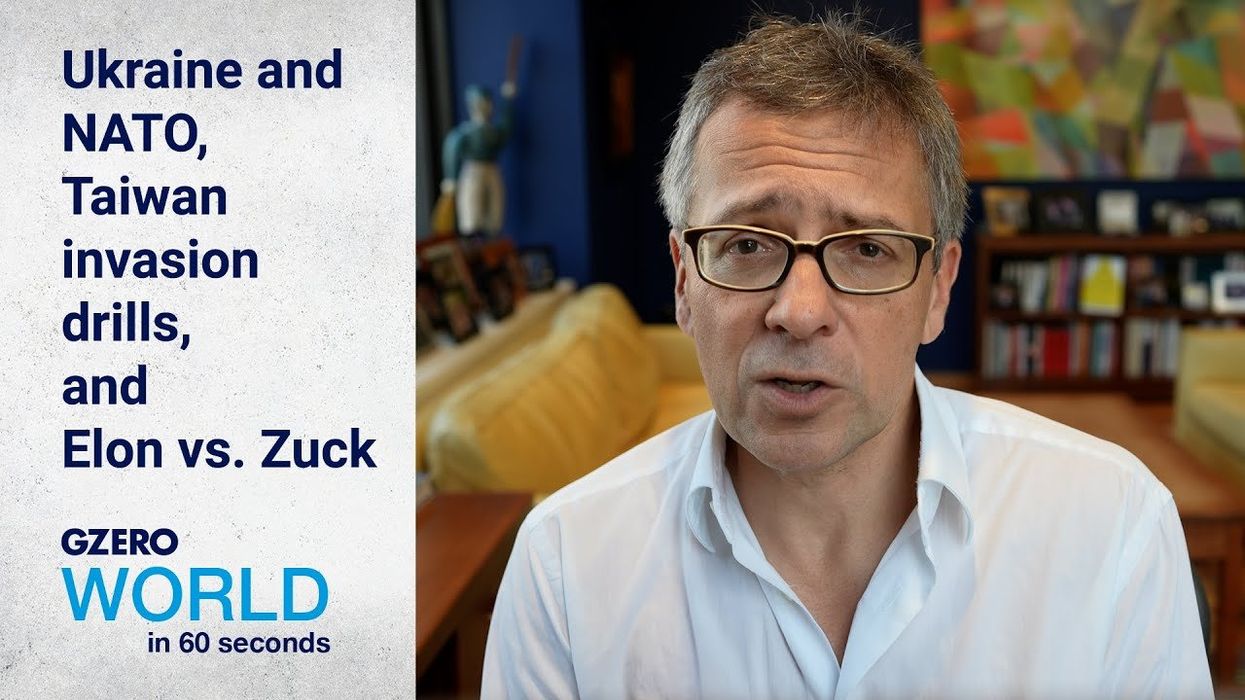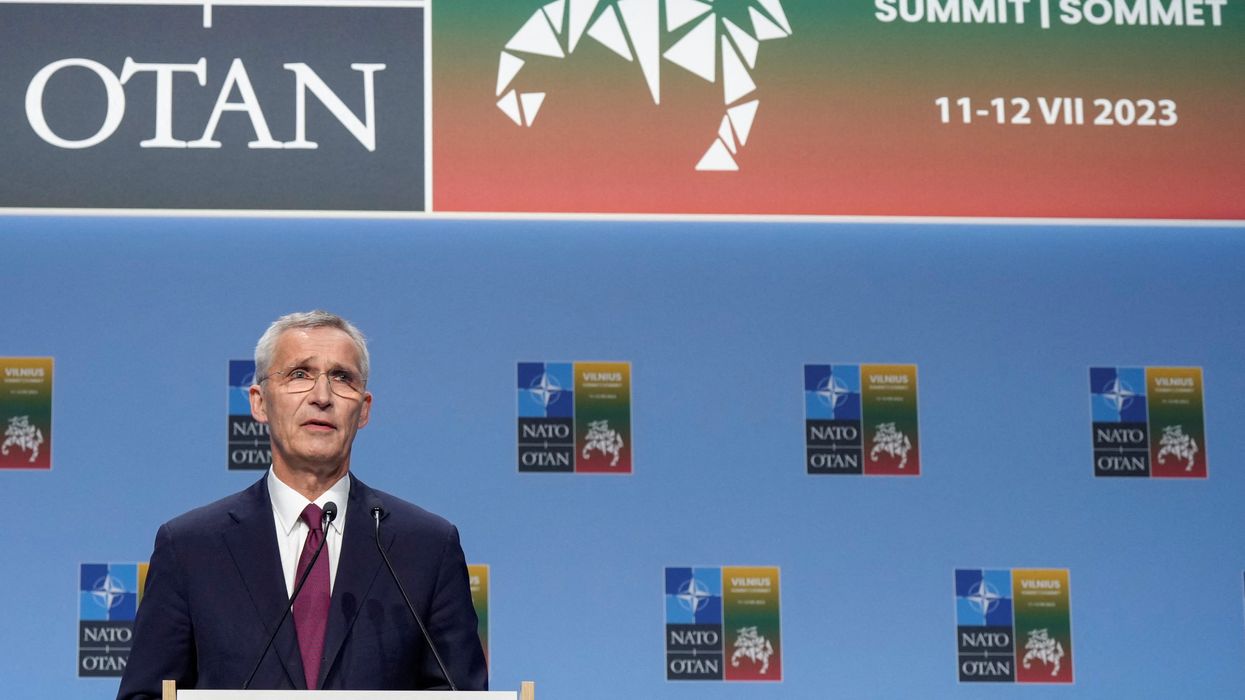GZERO Europe
Europe's biggest concerns about Middle East, one year after Oct. 7
What's the situation of Europe one year after the October 7th attack against Israel? What's the main takeaway from the visit of the new NATO Secretary General to Kyiv? Carl Bildt, former prime minister of Sweden and co-chair of the European Council on Foreign Relations, shares his perspective on European politics from Lisbon, Portugal.
Oct 07, 2024

